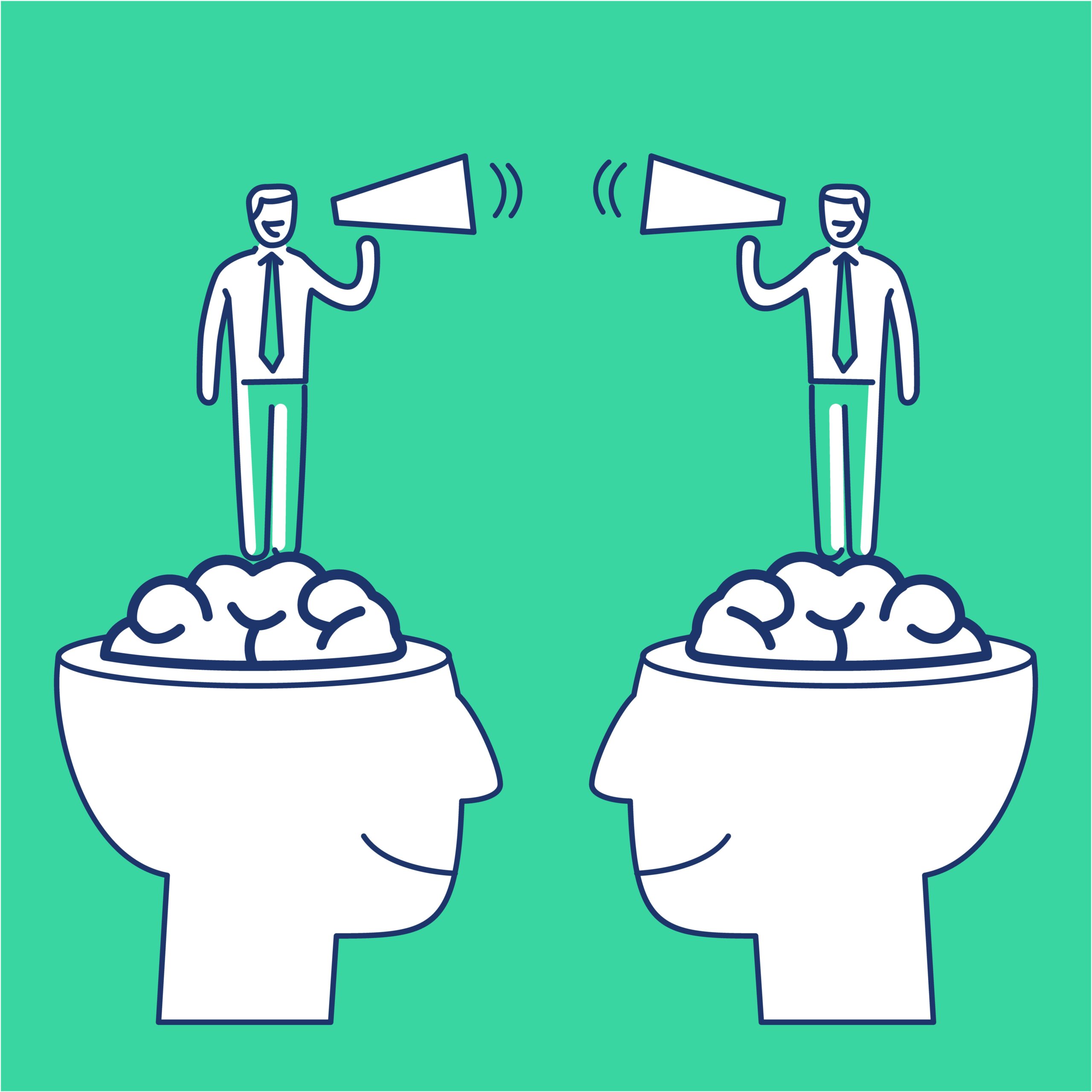
Dialectical Behavior Therapy (DBT) was initially developed to treat borderline personality disorder (BPD), but has been adapted for other mental health issues including eating disorders and substance abuse. The core philosophy of DBT is balancing opposites, which helps you work toward resolving feelings and behaviors. Key components of DBT include mindfulness, distress tolerance, emotional regulation, and interpersonal skills, which are designed to help you cope with sudden, intense surges of emotion.
DBT differs from CBT in that it combines standard cognitive-behavioral techniques with an emphasis on emotional and social aspects. Addressing emotional and social dimensions are essential for individuals with greater emotional dysregulation. DBT's unique feature is its focus on acceptance and change, which contrasts with CBT’s primary focus on understanding and modifying thought and behavior patterns.
This therapy is particularly useful for individuals who experience intense emotions and have difficulty stabilizing themselves in relationships, or who are prone to self-harm or suicidal thoughts.